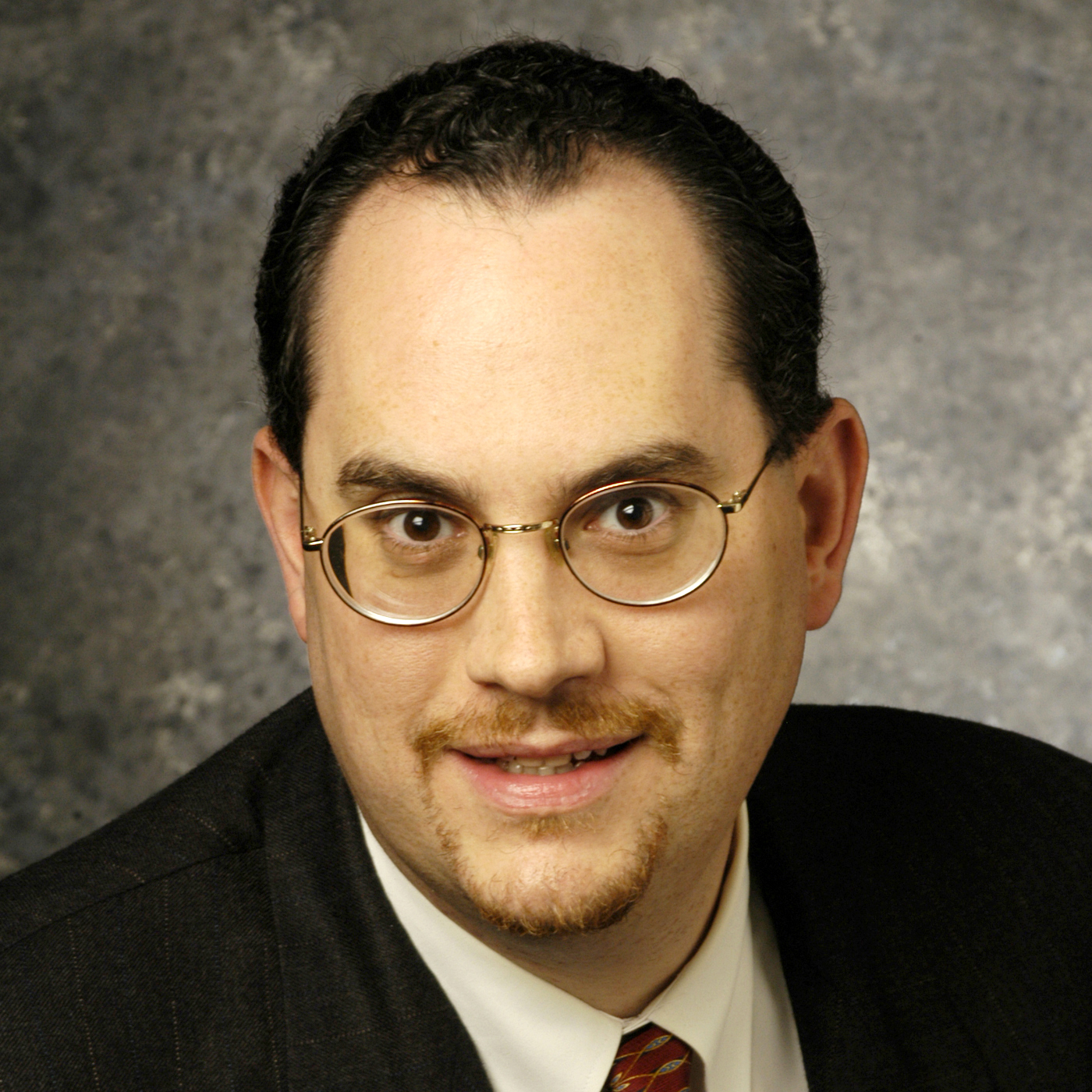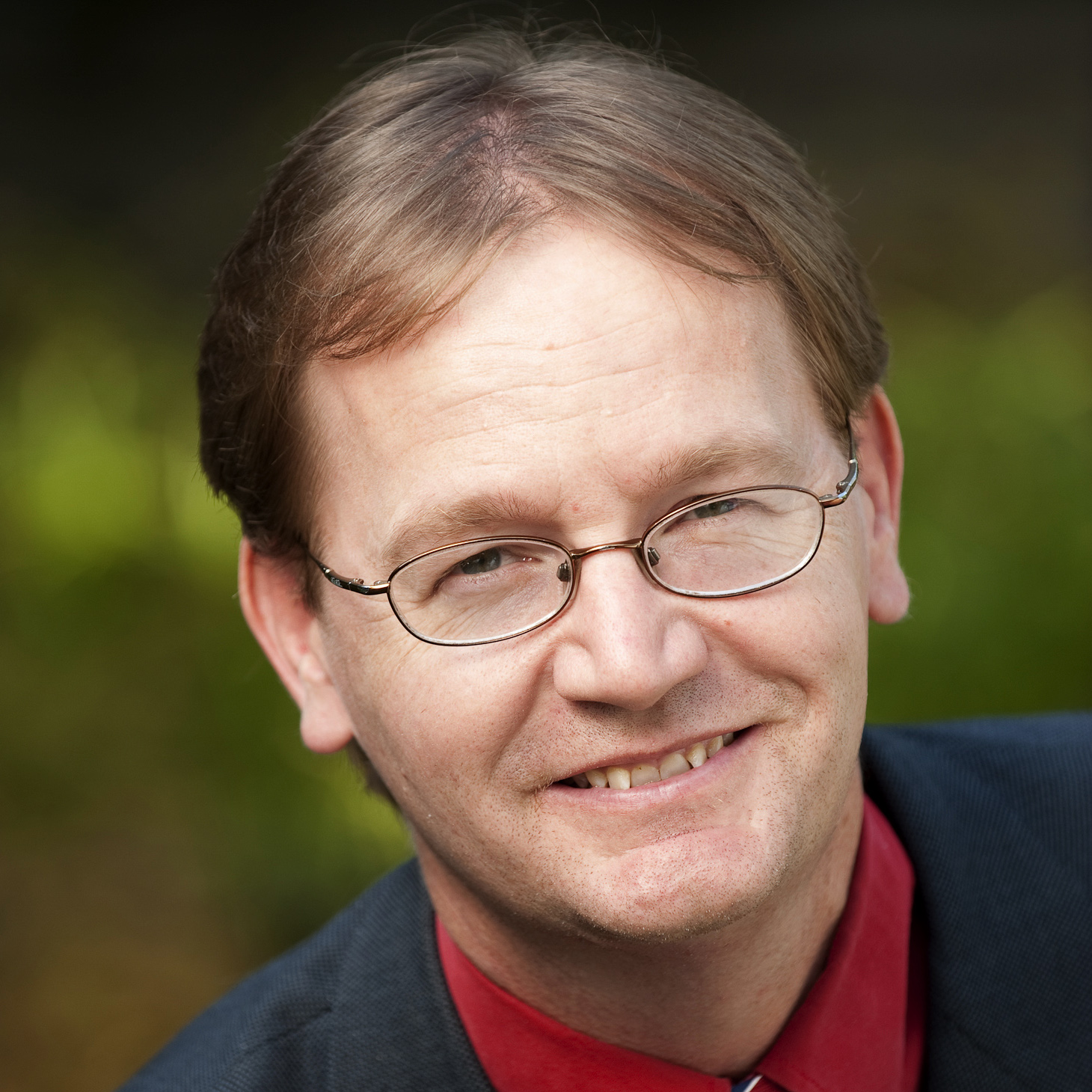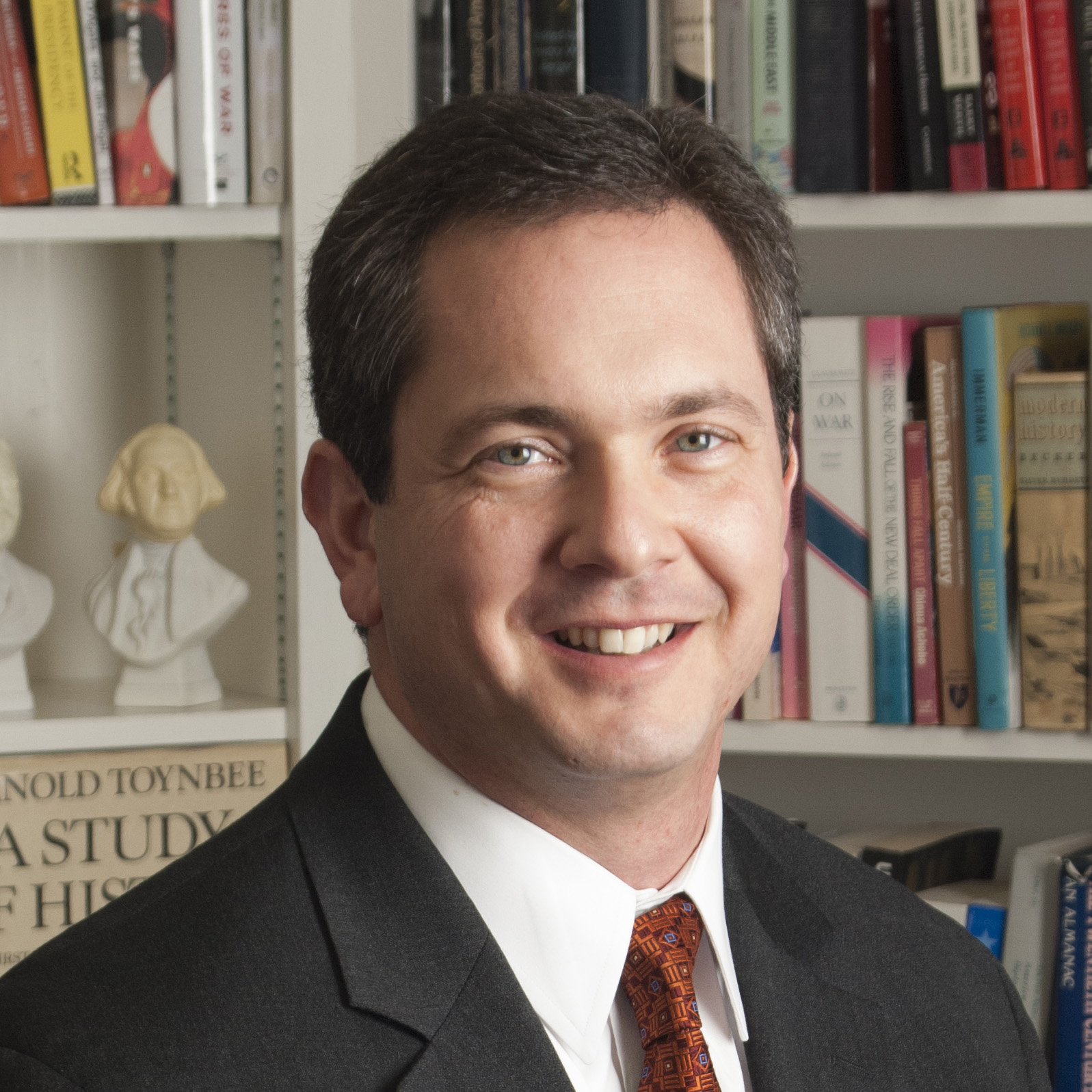SMU Experts: New York likely to mark shift in Clinton and Trump’s fortunes
SMU election experts are available for interview on all things related to the state of the race ahead of, during and after tomorrow’s Republican and Democrat New York Primaries.
DALLAS (SMU) – SMU election experts are available for interview on all things related to the state of the race ahead of, during and after tomorrow’s Republican and Democrat New York Primaries.
| EXPECT TRUMP TO WIN REST OF APRIL, THEN DROP LIKE A ROCK IN MAY | |
|
MATTHEW WILSON:
“The rest of this month is all New England states and that plays to Trump’s advantage,” Wilson says. “May is a lot of Midwest and Great Plains states, and Ted Cruz has done very well in those parts of the country. That sets up a big battle in California on June 7.” As Trump is rocking April and predicted to survive May, Wilson expects the shadow battle for delegate loyalty to continue. He doesn’t give much credence to Trump’s claims of fighting a rigged system, pointing to the recent fracas in Colorado as an example. “The Colorado system is not rigged because it was put in place before anyone thought Trump would be a contender,” Wilson says. “Colorado didn’t do this to shackle trump, Colorado did this to save money and have a low-key process because they thought by this point in the game nothing would be uncertain about the future Republican nominee. “Not knowing the rules is not the same as the rules being unfair,” Wilson adds. “It’s pretty clear Trump did not invest a lot of time in learning how the rules work in these various states.” As for the Democratic race, Wilson says even a New York win can’t help Bernie Sanders win a nomination outright. Such an outcome could only give Sanders a prayer at producing a contested convention, where the chips would be stacked against him. “Sanders has very few connections in the Democratic party. He’s been a fringe player – an independent from Vermont – for years,” Wilson says. “If Hillary Clinton starts to vocally remind people she’s the one who’s actually been a Democrat a long time, lots of folks at the convention will owe her something one way or another, so Sanders convincing them to jump ship will be a tall order.” “The only way Sanders wins a convention fight is if Hillary is damaged by something as dramatic as an indictment being handed down,” Wilson concludes. Wilson is an SMU associate professor of political science. He can discuss:
|
|
| NEW YORK IS CLINTON COUNTRY, AND TRUMP’S SOAP BOX | |
|
Martin says it doesn’t take much guesswork to figure out which Democratic contender will win New York: Just look at which candidate actually spent their weekend in the state. “Sanders wasn’t even campaigning there,” Martin says. “He went to the Vatican.” Martin says Clinton’s strong chances in New York and northeastern states that follow, such as Maryland, Pennsylvania and New Jersey, are both surprising and unsurprising for different reasons. “It’s surprising because the national polling between the two has tightened so much, so one would expect the polls in the northeast to tighten, but they aren’t,” Martin says. “But it’s unsurprising because those are very diverse primary states, which have favored Clinton.” For Trump, a likely win in New York could offer a powerful soapbox for him to re-frame the Republican race from a series of Cruz wins to whatever message he desires. The question is whether he’ll make the most of it. “If I were a Trump advisor, I would tell him to emphasize the ways he has a movement happening and that when voters are allowed to cast votes, they cast votes for Trump,” Martin says. “A win gives him a better way to tell that story.” Martin went on to express concern about the ramifications of both races likely marching into June and the party conventions without resolution in hand. “For voters paying attention – highly motivated, engaged voters – the nastiness of this campaign is exhausting,” Martin says. “Republicans have been nasty from the get-go and Democrats are getting nastier by the day. By the time the general election arrives, folks might be so worn out by it there will be a lethargy. The voters will simply be worn out.” Martin is an SMU assistant professor of communication studies in the Meadows School of the Arts. She can discuss:
|
|
| CONTENTIOUS DEBATE COULD COST CLINTON IN NEW YORK |
|
|
Pundits predicted a contentious Democratic debate in Brooklyn last week, and the contenders didn’t disappoint, but the sharper style of the debate might have favored Sanders over Clinton, says Voth, as evidenced by the chants of “Bernie!” that delayed Clinton’s closing remarks. “Clinton did make good, consistent points about how it is easier to point out problems than to fix them, but the problem-pointing style of Sanders seemed to sit well with the audience nonetheless,” Voth says. “The debate appeared to be more out of control than most debates this past year with moderators shouting over the debaters and sometimes (over) the crowd.” The end result was a debate that Voth says Sanders won, and one that could help him make up ground on Clinton in Tuesday’s primary and beyond. “The debate created a sense of flux and uncertainty about the larger campaign and that does not help Hillary,” Voth says. Voth is SMU’s director of debate and an associate professor of corporate communications and public affairs. He can discuss:
|
|
| NEW YORK POLLS MIGHT BE SKIN-DEEP AS HISTORIANS SEE SHADES OF 1992 |
|
|
New Yorkers might not be accustomed to their state’s primary holding much weight in the nomination process, but those old enough to remember the last time their vote mattered might be feeling a sense of déjà vu when they see Clinton’s name on the ballot. “The last time New York’s primary mattered was 1992 after Paul Tsongas pulled out of the Democratic race and when Jerry Brown started to do well by bringing up scandals Bill Clinton had faced in his past,” Engel says. “So it’s an interesting comparison between ‘92 and this year because in both cases a Clinton went to New York and had to defend their reputation more than their political acumen.” Bill Clinton won the 1992 primary by 15 points over his nearest competitor – Brown – and Hillary Clinton is currently polling on track to beat Sanders by a similar margin, but Engel says unique traits of New York state makes those polls less accurate than usual. “The real problem with New York, and to a lesser degree Pennsylvania, is that New York is really three different states in one,” Engel says. “The candidate that does well in New York City doesn’t necessarily do well in Buffalo or the rest of the state, so I put very little faith in the polling.” Despite that lack of faith, Engel still thinks favorites Clinton and Trump will carry the day; the only question is by what margin. “Cruz is anti-gay, evangelical and pro-southern, which means he’s used New York as a punching bag for his jokes for years, and that’s not going to sell well,” Engel says. “If I’m Clinton, I’m starting to size up the drapes in the White House.” Engel is director of the SMU Center for Presidential History. He can discuss:
|
|
###



